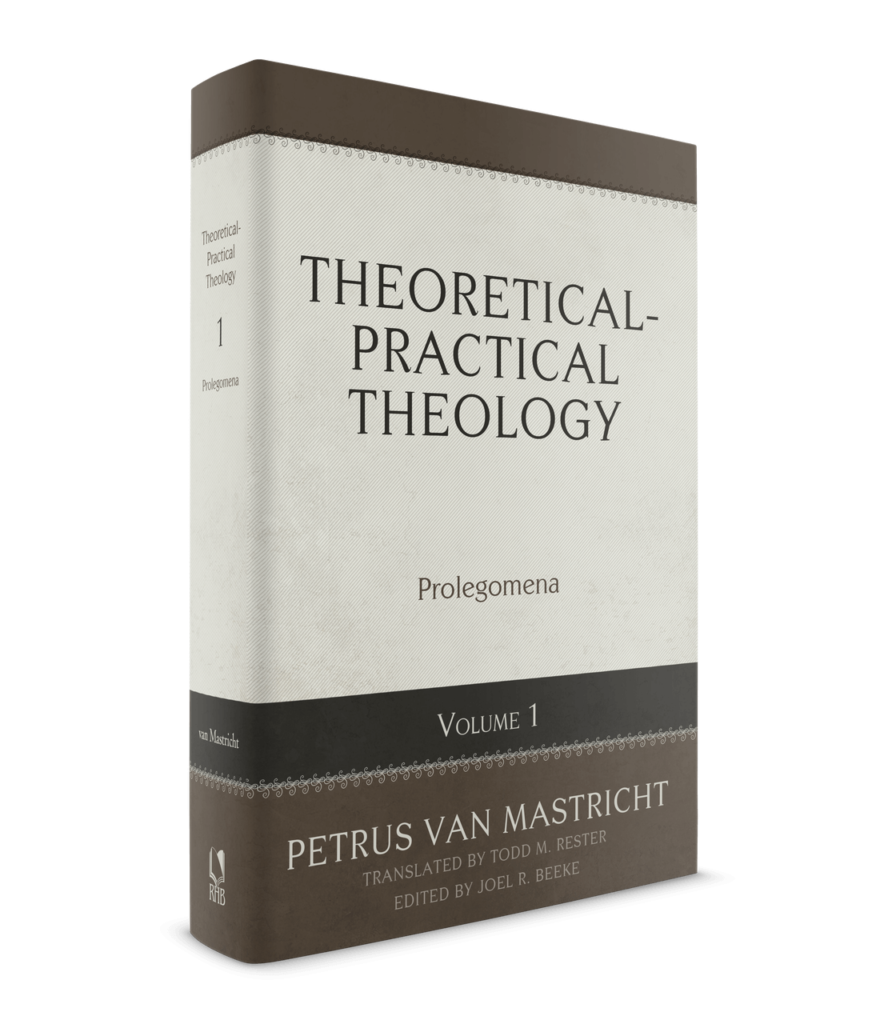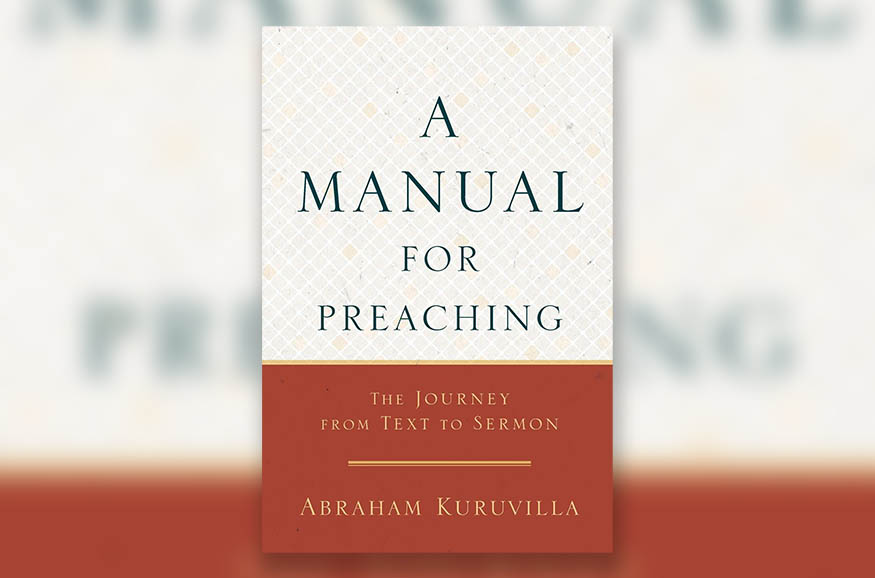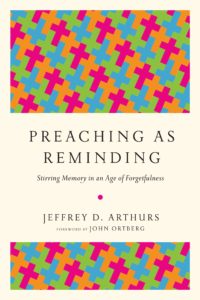
The longer I am privileged to serve as a pastor the more I feel the need to become a better theologian. And, so far, it looks like the three-volume translation of Mastricht’s systematic theology (“…originally written in Latin and subsequently translated into Dutch and now being simultaneously translated into English and re-translated into Dutch…”) is going to be a tremendous help.
Here’s why. First from the Editor’s Preface:
“As a systemic theology or body of divinity, this classic…combines a rigorous, biblical, and scholastic treatment of doctrine with the pastoral aim of preparing the reader to live for God through Christ.” (p. xi, emphasis added)
And from the Translator’s Preface:
“Mastricht is a pastor writing to train pastors…” (p. xvii)
And, if that wasn’t enough to sell me on its value:
“…Mastricht insisted that preaching and theology must be inextricably linked.” (p. xviii)
Finally, lo and behold, before the systematic theology begins, Mastricht decided to write the first 31 pages describing, “The Best Method of Preaching.”
For years I’ve had the privilege of teaching preaching. Each year I urge my new friends and colleagues in ministry to become better theologians for their flocks. One way to do that is to regularly read robust writings of ancient theologians (Petrus van Mastricht lived from 1630-1706).
If you’re a Jonathan Edwards fan, Neele writes, “And if the words of Edwards Amasa Park (1808-1900) can be relied upon, Jonathan Edwards Jr. (1745-1801) read Mastricht’s TPT seven times” (p. lvii). Edwards is quoted as saying that Mastricht’s book was “much better than…any other book in the world, excepting the Bible, in my opinion…” (p. lviii).
Pretty high praise coming from Edwards.
Lord willing, I am excited to read these volumes and see if it was worth Edwards reading it seven times.
More than that, I hope you will join me in becoming a better theologian for your faith-family so God receives glory in the church and in Christ Jesus (Ephesians 3:21).
Randal









